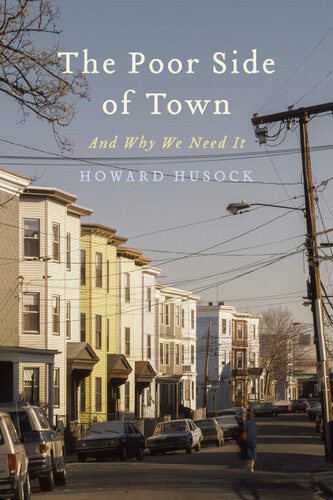

Most ebook files are in PDF format, so you can easily read them using various software such as Foxit Reader or directly on the Google Chrome browser.
Some ebook files are released by publishers in other formats such as .awz, .mobi, .epub, .fb2, etc. You may need to install specific software to read these formats on mobile/PC, such as Calibre.
Please read the tutorial at this link: https://ebookbell.com/faq
We offer FREE conversion to the popular formats you request; however, this may take some time. Therefore, right after payment, please email us, and we will try to provide the service as quickly as possible.
For some exceptional file formats or broken links (if any), please refrain from opening any disputes. Instead, email us first, and we will try to assist within a maximum of 6 hours.
EbookBell Team

4.0
36 reviewsThis book combines a critique of more than a century of housing reform policies, including public and other subsidized housing as well as exclusionary zoning, with the idea that simple low-cost housing―a poor side of town―helps those of modest means build financial assets and join in the local democratic process. It is more of a historical narrative than a straight policy book, however―telling stories of Jacob Riis, zoning reformer Lawrence Veiller, anti-reformer Jane Jacobs, housing developer William Levitt, and African American small homes advocate Rev. Johnny Ray Youngblood, as well as first-person accounts of onetime residents of neighborhoods such as Detroit’s Black Bottom who lost their homes and businesses to housing reform and urban renewal. This is a book with important policy implications―built on powerful, personal stories.